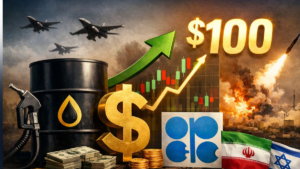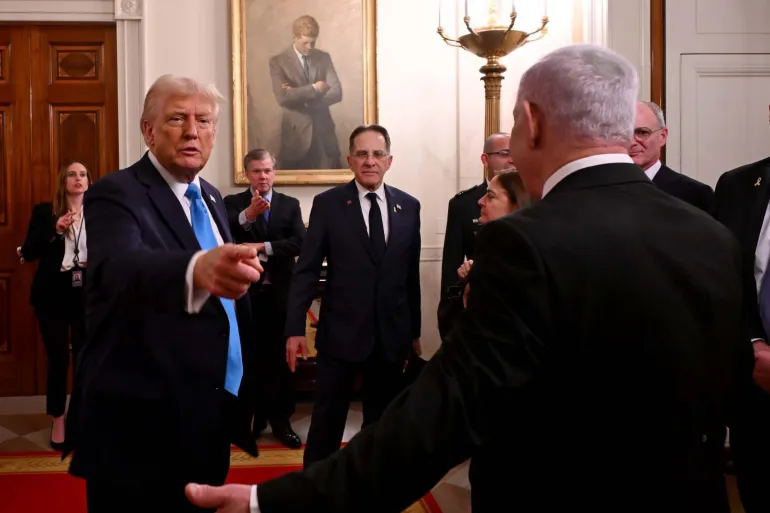In a political landscape shaped by shifting alliances and regional upheaval, the relationship between U.S. President Donald Trump and Israeli Prime Minister Benjamin Netanyahu remains a focal point of intrigue.
Despite personal frictions, their strategic alignment continues to influence Middle Eastern geopolitics.
A Complex Relationship: Chemistry vs. Interests
While Trump and Netanyahu have often appeared united on policy, their personal rapport has been far from harmonious.
Reports suggest that Trump felt betrayed when Netanyahu swiftly congratulated Joe Biden after the 2020 U.S. election—a move Trump interpreted as disloyalty.
This perceived slight led to a public fallout, with Trump accusing Netanyahu of ingratitude despite his administration’s unprecedented support for Israel, including:
- Recognizing Jerusalem as Israel’s capital
- Withdrawing from the Iran nuclear deal
- Supporting the Abraham Accords
Yet, analysts argue that shared strategic interests—particularly regarding Iran and regional security—have kept their alliance intact.
Benjamin Netanyahu Visits Washington for the 3rd Time in 2025.
Netanyahu’s recent third visit to Washington in under six months underscores the urgency of his political and diplomatic agenda.
Facing mounting domestic pressure and legal challenges, Netanyahu seeks to:
- Reinforce his image as a global statesman
- Secure continued U.S. support for Israeli military operations
- Influence Trump’s stance on Iran and Gaza
His visits come amid escalating tensions in Gaza and renewed Israeli-American military coordination against Iranian targets.

Strategic Calculations in a Shifting Region
Despite their personal differences, Donald Trump and Benjamin Netanyahu converge on several key issues:
- Iran: Both leaders advocate a hardline stance, with Trump hinting at potential support for further Israeli strikes.
- Gaza: Netanyahu aims to prolong military pressure on Hamas before negotiating a ceasefire, while Trump pushes for a quicker resolution.
- U.S.-Israel Relations: Netanyahu leverages his ties with Trump to counterbalance criticism from other U.S. political factions and to secure long-term defense commitments.
Political Theater or Realpolitik?
Some observers view Netanyahu’s outreach to Trump as a calculated move to bolster his domestic standing and shield himself from legal scrutiny.
Others see it as a genuine effort to align with a U.S. leader who has historically backed Israel’s most controversial policies.
A Fragile but Enduring Alliance
Donald Trump and Benjamin Netanyahu dynamic exemplifies how personal discord can coexist with strategic cooperation.
As both leaders navigate turbulent political waters, their alliance—though strained—remains a cornerstone of U.S.-Israel relations.








